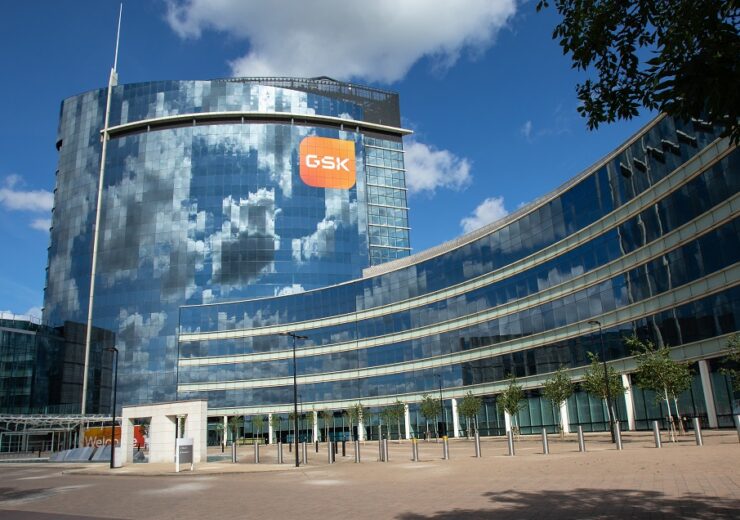The acquisition will further strengthen the British drugmaker’s speciality medicines and respiratory pipeline with camlipixant, a highly selective P2X3 antagonist and potential treatment for refractory chronic cough (RCC)

GSK House in London, UK. (Credit: GSK plc.)
British pharmaceutical company GSK has signed an agreement to acquire Canada-based biopharmaceutical company BELLUS Health for a total equity value of $2bn.
BELLUS is engaged in developing novel therapeutics for treating patients suffering from hypersensitisation-related disorders, including refractory chronic cough (RCC).
Under the terms of the agreement, GSK will acquire all the outstanding shares of BELLUS common stock at a price of $14.75 per share in cash.
The acquisition, which will be implemented as per the Canada Business Corporations Act, is expected to be completed in the third quarter of this year.
Its closing is subject to customary closing conditions, including court approval, approval by at least 66.67% of the BELLUS shareholders and regulatory approval.
GSK chief commercial officer Luke Miels said: “Patients suffering from severe forms of refractory chronic cough can experience over 900 coughs daily, resulting in quality-of-life issues.
“Camlipixant, a novel, highly selective P2X3 antagonist, has the potential to be a best-in-class treatment with significant sales potential.
“This proposed acquisition complements our portfolio of speciality medicines and builds on our expertise in respiratory therapies.”
Through the acquisition, GSK obtains access to BELLUS’ investigational highly selective P2X3 antagonist, camlipixant, which is currently in Phase 3 development for the treatment of RCC in adults.
The British drugmaker said that the acquisition is highly synergistic with its expertise in respiratory medicines, supported by its R&D, manufacturing, and commercialisation capabilities.
According to the current clinical data, camlipixant may reduce cough frequency for patients suffering from RCC with a relatively low incidence of dysgeusia, a taste disturbance disorder.
The taste disturbances frequently lead to patients discontinuing treatment.
In December 2021, BELLUS announced positive results from the Phase 2b SOOTHE clinical trial, which met its primary endpoint for the 50mg and 200mg twice-daily doses.
Based on the Phase 2b study data, BELLUS initiated the CALM Phase 3 development programme, which includes the CALM-1 and CALM-2 trials.
PJT Partners served as the exclusive financial advisor, while Paul, Weiss, Rifkind, Wharton & Garrison, and Stikeman Elliott served as legal counsel to GSK, on the transaction.
Centerview Partners served as the exclusive financial advisor, and Skadden, Arps, Slate, Meagher & Flom, and Davies Ward Phillips & Vineberg served as legal counsel to BELLUS.
